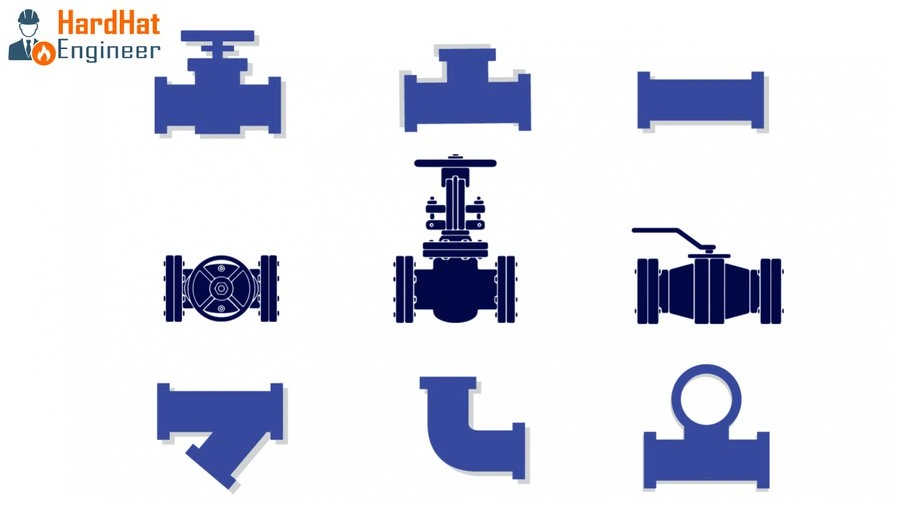Welcome to hardhatengineer. In this video, you will learn about what sour service is in process piping. I will also explain to you about testing and materials that are used in sour service.
If you are working in an Oil and Gas environment, knowing about H2S is a must from your safety point of view, and sour is related to that. So watch the video till the end.
Please like and share this video, and don’t forget to subscribe; that way, you will get a new video notification.
Let’s start with the video.
What is Sour Service?
Any process fluid that contains hydrogen sulphide is defined as Sour Service. As per MR0175, it is a process atmosphere that contains H2S, which may lead to cracking in the material.
Sour Service is also known as wet H2S service in a refinery. You must be thinking, what is special about it?
Well! H2S is a highly toxic gas present in the Oil and Gas environment. A small exposure to it may have a serious effect on human health. It is colorless and flammable. It has a very unpleasant smell.
If it leaks into the atmosphere and when combined with water, it can create acid rain.
In refineries, it is found in crude oil areas, hydro treater areas, LPG areas, and wastewater facilities.
It is heavier than air, so it will sit in the lower area and wait for its prey.
Not only this, its presence leads to corrosion in metals such as Sulphide stress cracking, Hydrogen induced cracking, stepwise cracking, and Stress-oriented hydrogen induced cracking.
This type of material cracking leads to catastrophic equipment failure in plants.
So this H2S is dangerous for humans, the environment, and property. That is why special attention is required when it comes to sour service.
Piping Component Quiz – Test yourself, Take This Quiz
Unlock New Skills with Our Best Selling Online Courses
What Materials are Used in Sour Services?
Regular Carbon steel, Alloy steel, and stainless steel are used in sour service. Here, I have listed a few for your reference.
But there are a few additional requirements that these material needs to meet before installing.
Here are the additional requirements for carbon and low alloy steel.
- Steel shall be manufactured by Basic Oxygen Process or Electric arc furnace.
- Steel to be Killed & fine grained.
- Materials shall be in Normalized Condition.
- Nickel % limited to < 1%
- Carbon content< 0 .23%
- Carbon Equivalent < 0.43%
- Hardness < 22 HRC
- Sulphur content< 0.01%
Similarly, for stainless steel material, there are specific requirements of alloying elements and heat treatment with limited max hardness.
Now let’s see What are additional tests required for these materials?
What are the Additional Tests Required for Sour Service Materials?
- HIC – Hydrogen Induced Cracking
- SSC – Sulphide stress cracking,
- SOHIC – Stress oriented hydrogen induced cracking
Also, after welding, PWHT is required for all carbon and low alloy steel material used in sour service.
Requirements for testing and acceptance criteria are given in NACE MR0175. So, go through it if you want to know in more detail.
Also, note that NACE MR0175 is the same as ISO 15156.
This is the end of the video. Please visit my website hardhatengineer.com to learn more about piping and piping material. And don’t forget to subscribe. See you soon with the next video. Goodbye, take care.
Are You Piping Components Master?



